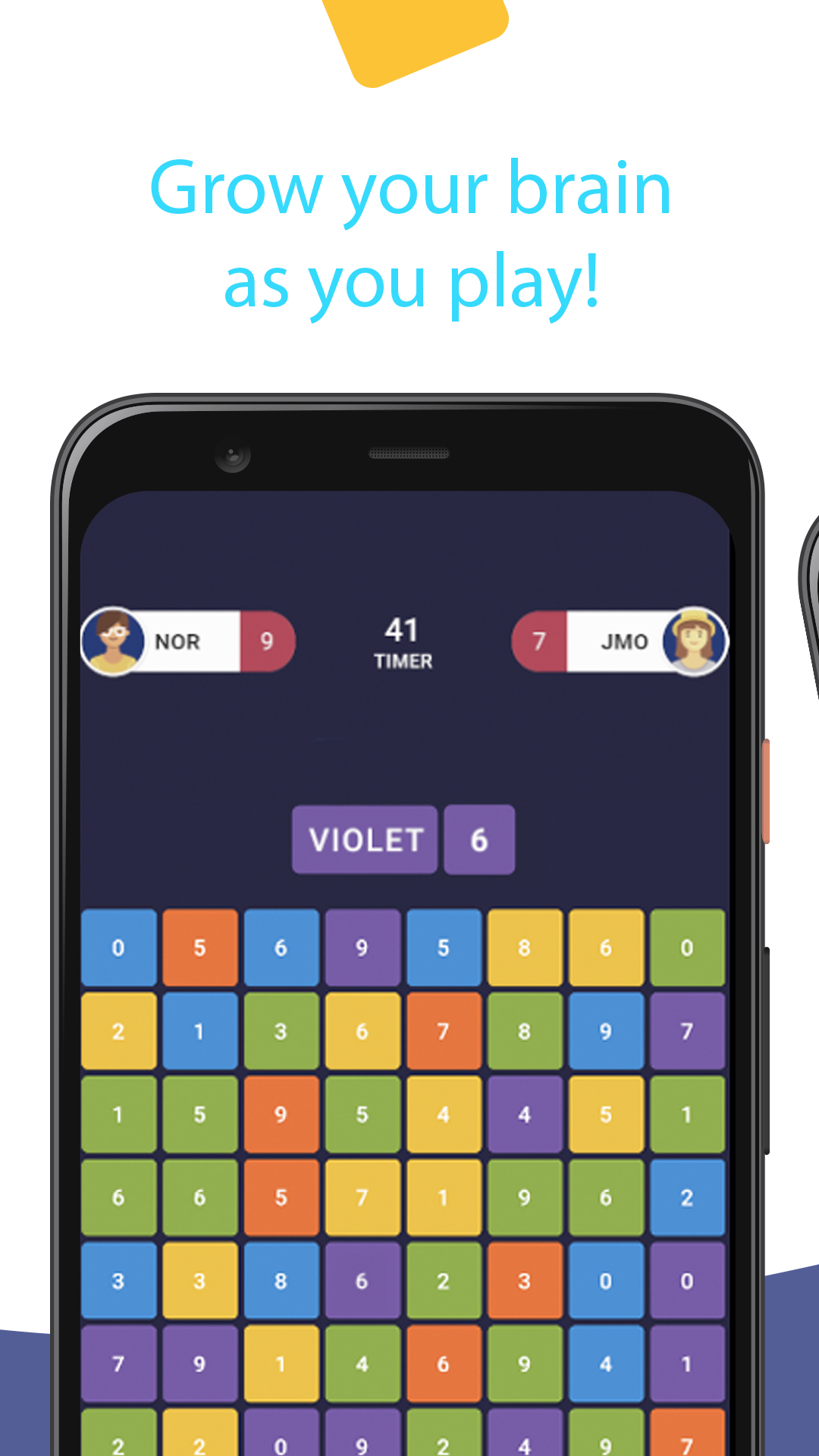

Hampson, found that their surgically implanted experimental device could boost performance on simple memory tests by up to 37%. In recent tests, researchers at Wake Forest and the University of Southern California in Los Angeles, led by Dr. To strengthen memory, bioengineers are experimenting with brain implants that boost our ability to learn, by catching and correcting the mistakes the brain can make as it encodes new information. “I see a day when people will be connecting to their brains in the workplace and in the classroom, even in social situations,” Dr. Institute for Molecular Manufacturing have predicted that within 20 or 30 years such noninvasive neural links could lead to an “internet of thoughts” that connect neurons to vast cloud-computing networks in real time, providing access to supercomputing storage and processing capabilities and artificial intelligence systems. Scientists at University of California, Berkeley, and the U.S. If it all pans out, linked brains could one day convene a classroom of the mind.

To write information at the receiving end, magnetic signals would activate receiving neurons. Those tiny fluctuations in light can be picked up by newly invented photon detectors arrayed in a headset and then relayed to another brain. To read neural activity, the research team will use genetic engineering to alter neurons so that they absorb light when they are actively firing, adapting a gene therapy technique already under development to treat Alzheimer’s disease.

What have you found to be most effective at enhancing memory, focus and learning abilities? Join the conversation below. “You don’t want to create social classes of those who have access to the technology and those who don’t,” says Alfred Emondi, a program manager at Darpa’s Biological Technologies Office. “If there were a prosthetic that improved a person’s memory, is that an unfair advantage?” says neuroscientist Robert Hampson at Wake Forest Baptist Medical Center in Winston-Salem, N.C. The advances also raise challenging ethical issues of access, equity and privacy. Brain stimulation techniques, for example, can trigger changes in demeanor and character traits, sometimes leading to changes in a sense of personal identity, according to a new review of brain monitoring technology in the journal APL Bioengineering. Most, though, require brain surgery, limiting their use among healthy children and adults.Īdvances in the neurotechnology of learning promise to alter how the brain functions, and ultimately our sense of self, scientists say.

New brain-computer interfaces, like those under development by Elon Musk’s Neuralink and others, promise to transform learning by increasing the number of high-speed communication links within the brain. They are tracking cognitive changes among 11,000 young people for a decade through the largest long-term study of childhood brain development ever conducted in the U.S. At the same time, education experts are working to understand how classroom education and other experiences affect brain development.


 0 kommentar(er)
0 kommentar(er)
